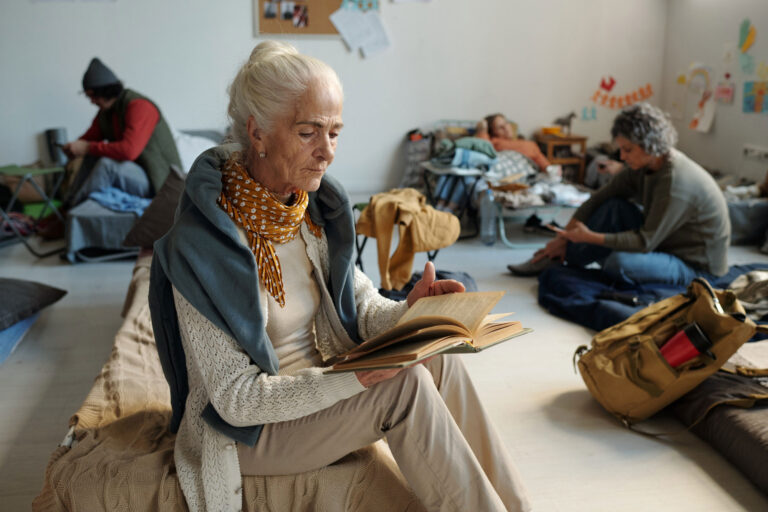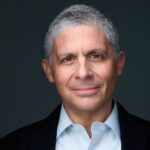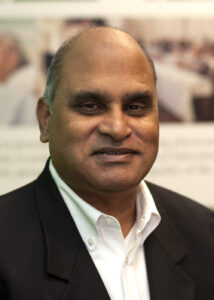

We focus on individual stories—because that’s where connection begins. By translating broad injustices into personal narratives, we help readers see the human truth behind global issues.

The stories we share could just as easily be our own. That’s why we tell them with dignity, compassion, and empathy—always honoring the humanity at their core.

Too many voices are left out of the conversation. We’re here to change that. By elevating underrepresented perspectives, we foster empathy, deepen awareness, and help audiences connect with stories that matter.

We share these stories to honor resilience, not to dwell in hardship. They are stories of courage, creativity, and quiet strength—reminders that even in the darkest places, humanity endures.

We seek to go beyond the stats and misinformation and re-establish the connection between our humanness and core similarities, rather than focusing on our differences. We don’t talk about stories in academic terms but instead lead with respect, dignity, and understanding. We believe that when we tell these stories from a human perspective, highlighting how these global issues affect individuals, we can change the way people view these situations and inspire action.


Joshua Colangelo-Bryan, JD is Special Counsel at Human Rights First, where he spearheads impact litigation and advocacy efforts to uphold democratic principles and support human rights defenders globally. Beyond representing Guantanamo detainees, he has sued Turkey for assaulting peaceful protestors in Washington, D.C., the Trump administration for attempting to deport a college student based on her pro-test activity, and a U.S. pastor who fomented legislation in Uganda criminalizing the LGBTQI community. Josh has conducted human-rights investigations in countries such as Yemen, Syria, and Bahrain.
In the early 2000s, Josh served with the United Nations Mission in Kosovo, working on the prosecution of war crimes cases.
He has provided commentary for national media, authored op-eds in The Washington Post, The Wall Street Journal, and The Guardian, and spoken before Congress and at colleges, law schools, churches, and synagogues regarding Guantanamo and international law.



Allen Peacock worked for a quarter century as one of the leading editors in American book publishing. Books he acquired and published won the Pulitzer Prize, the National Book Award, the PEN/Faulkner Award, among others. He worked with writers as diverse and renowned as Salman Rushdie, Robert Coover, Robert Olen Butler, Ann Beattie and MacArthur Award winners Joanna Scott and William Gaddis. He graduated from Harvard University with a degree in English & American Literature.

Rasheed Ahmed is a mission-driven leader working at the intersection of philanthropy, civil rights, and cross-cultural bridge-building. He currently serves as Executive Director of the Indian American Muslim Council, the largest advocacy organization of Indian Muslims in the U.S., and teaches philanthropy and fundraising strategy as adjunct faculty at Indiana University’s Fundraising School. With a background spanning corporate technology and nonprofit leadership, Rasheed brings over two decades of experience in movement building, narrative strategy, and institution development. He was the Founding Executive Director of the Zakat Foundation Institute, led the Islamic Medical Association of North America (IMANA), and co-founded the US-India Policy Institute and the Center on Muslim Philanthropy. Rasheed’s work is rooted in equity, purpose, and public service. Whether advocating for human rights, mentoring the next generation of social impact leaders, or helping communities navigate complex civic landscapes, he approaches each endeavor with clarity, conviction, and care.






